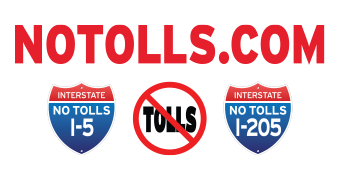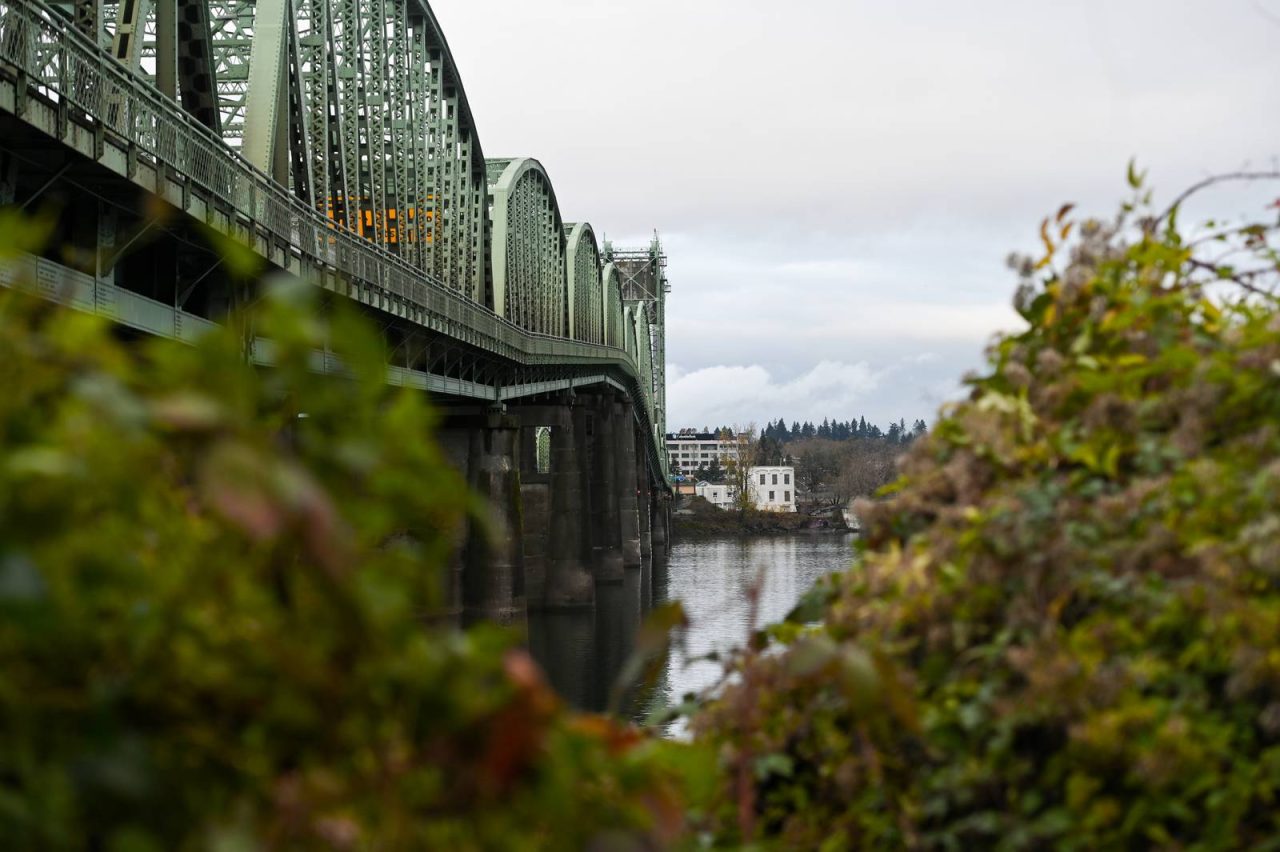A bill that would block tolling on I-5 and I-205 is the latest obstacle for the transportation agency.
The Oregon Department of Transportation is working toward funding two big projects in Salem this legislative session. Although the widening of Interstate 5 at the Rose Quarter and the Interstate Bridge Replacement project are separate, both may depend on persuading Oregonians to pay tolls for something they now get for free—the use of I-5, Interstate 205 and the Columbia River bridges.
A lot is happening: new flexibility on the part of the bistate Interstate Bridge Replacement consortium; a bill that could block tolling; and the emergence of new critics.
Here’s what’s changed:
The IBR looks less like a done deal: Start with the surprise Feb. 9 announcement from IBR director Greg Johnson that contrary to the long-publicized plan to built two double-decker bridges, his group was now also considering a long-discarded single-deck option. State Rep. Khanh Pham (D-Portland) says she’s not sure what prompted the flexibility, but she’s hopes it might mean an openness to scaling back the project and its $7.5 billion cost—she’d like just to replace the bridge, not the seven freeway interchanges that are part of the current plan. “The IBR group has been selling us one particular design for years,” says Pham, who serves on the Legislature’s Joint Interstate 5 Bridge Committee. “The opportunity to consider design changes is really exciting.” Although Johnson claims a single-deck option was always a possibility, Chris Smith, a member of the Just Crossing Alliance, which has monitored the IBR closely, says Johnson’s shift might be because a double-decker design is unsafe (Bob Ortblad, a Seattle engineer critical of the design, says it would be the steepest interstate highway bridge in the country). Sen. Brian Boquist (R-The Dalles), also a member of the legislative bridge committee, says putting all the traffic on one level might also allow engineers to more easily comply with Coast Guard requirements that the bridge be high enough for marine traffic (the current design is not). “Meeting USCG standards would be easier with a single deck,” Boquist says.
Tolling is under siege: ODOT has said it expects to use toll revenues for both projects. But on Feb. 21, state Sen. Mark Meek (D-Gladstone) introduced a bill that could hamstring ODOT. Since 2017, when lawmakers set aside funding for the Rose Quarter project and greenlighted the restart of the Interstate Bridge Replacement, ODOT has been grinding slowly toward either tolling (raising money for projects by charging for usage) or its more progressive cousin, congestion pricing (using tolling to reduce traffic and emissions). Meek’s response, Senate Bill 933, dropped with a thud in Salem. It prohibits tolling on I-5 or I-205 (except for the I-5 Columbia River bridges). Meek says ODOT has failed to come up with a plan to stop drivers from diverting off toll roads to free neighborhood streets. “A lot of us campaigned on giving our constituents relief from tolls,” he says. “And we’re going to do that.” Lurking behind Meek’s legislation (which has bi-partisan co-sponsors): A 2024 ballot measure, Initiative Petition 4, would give citizens a vote on any toll, including on the Columbia River bridges. “I think ODOT is realizing how unpopular tolling is,” Meek says.
Environmentalists have company: ODOT has placated critics of the Rose Quarter project, including Portland Public Schools and Albina Vision Trust, isolating environmental groups. But the growing tide of anti-tolling sentiment adds a new dimension, as does the emergence of business interests—the Oregon Trucking Association, Pacific Seafoods, and the Northwest Electrical Contractors Association. Those groups are heavy users of I-5 and I-205 for local business and support Meek’s bill, says their lobbyist, Rick Metsger of Pac/West Lobby Group. Metsger adds that ODOT’s “plan to encircle the Portland metro area with tolls is a plan without a plan and fraught with perilous consequences.”
ODOT spokeswoman Jenny Cherrytree says the agency doesn’t comment on pending legislation but remains committed to congestion pricing. A public comment period on an I-205 tolling project is open through April 7.


